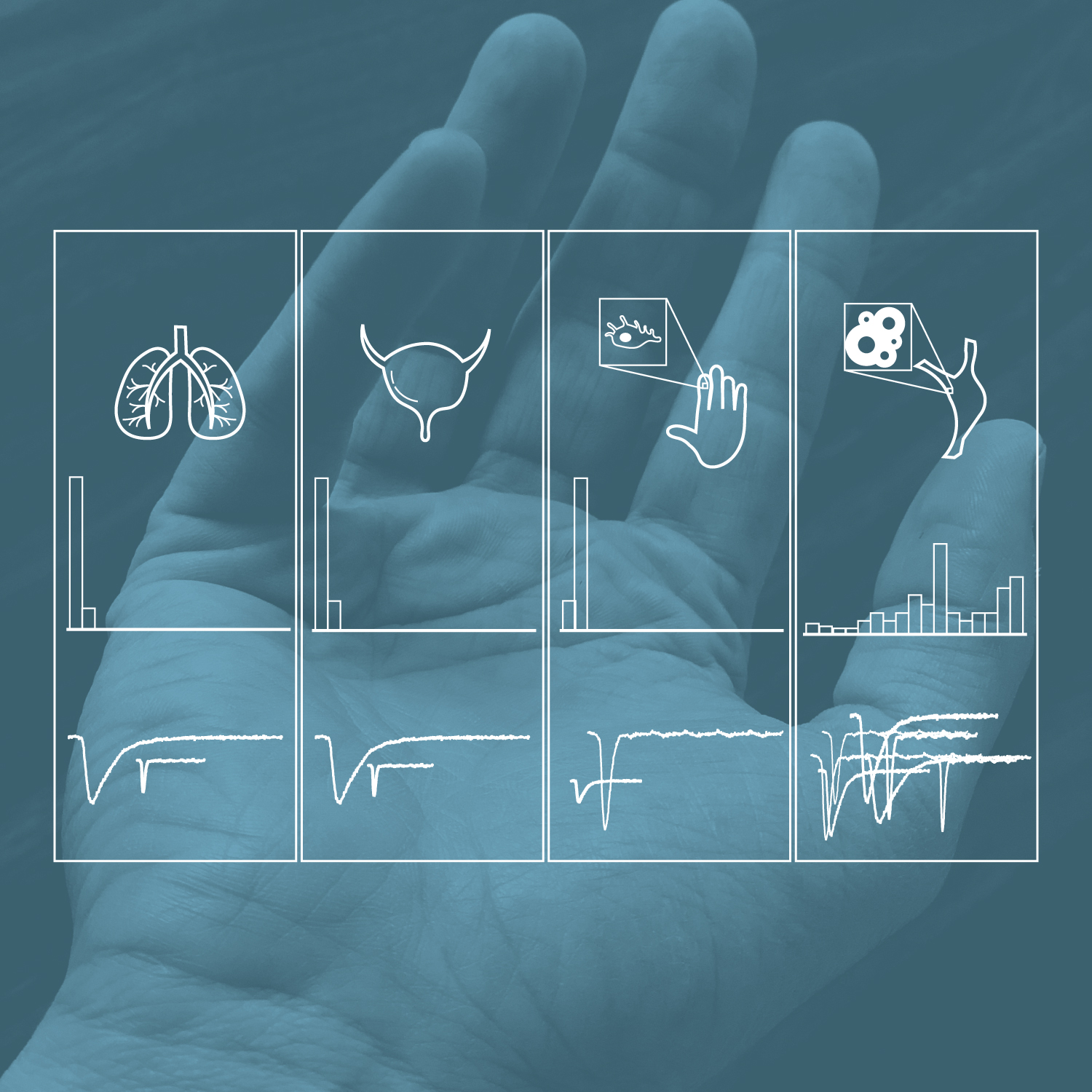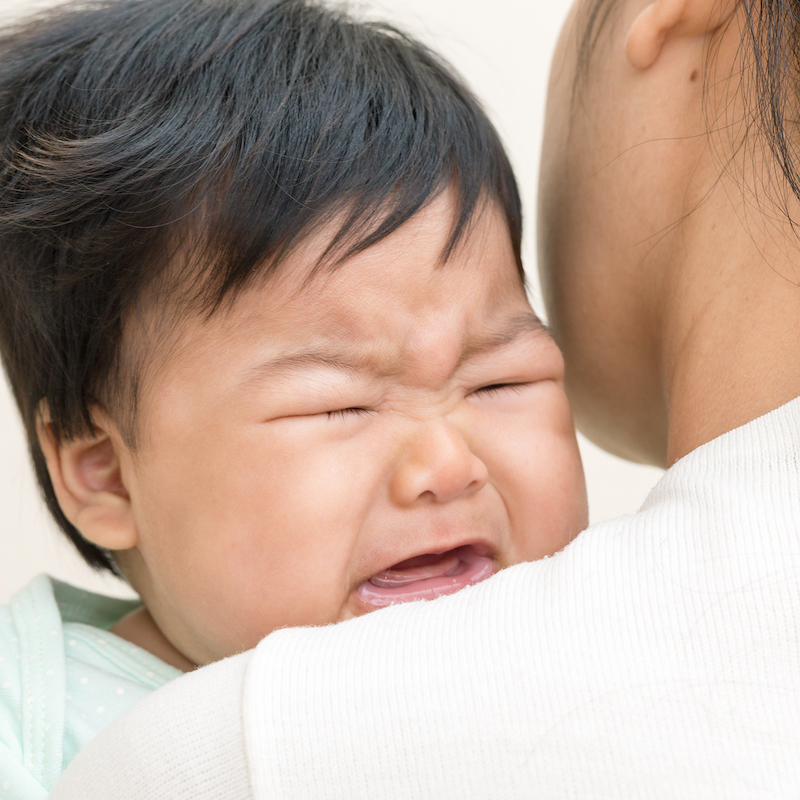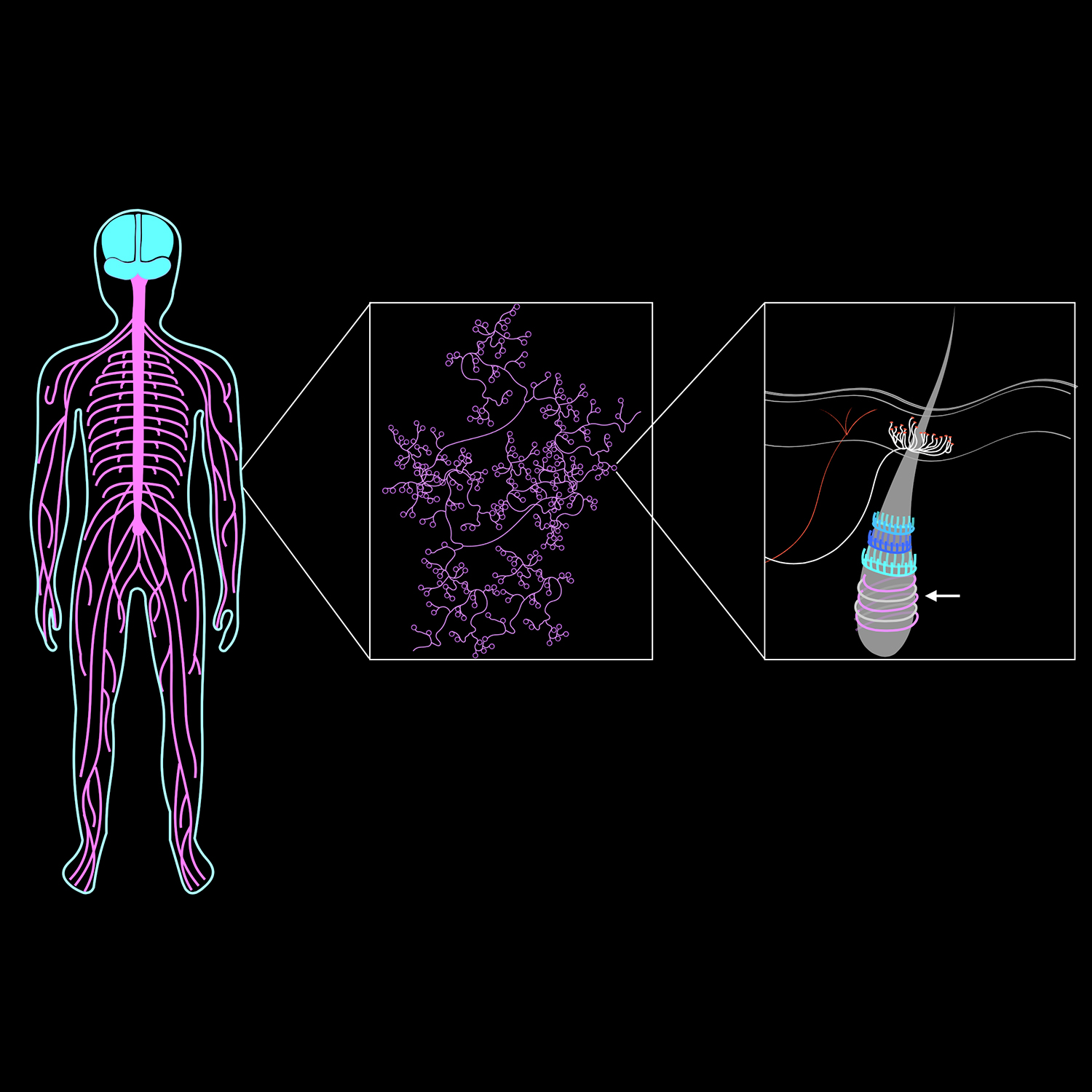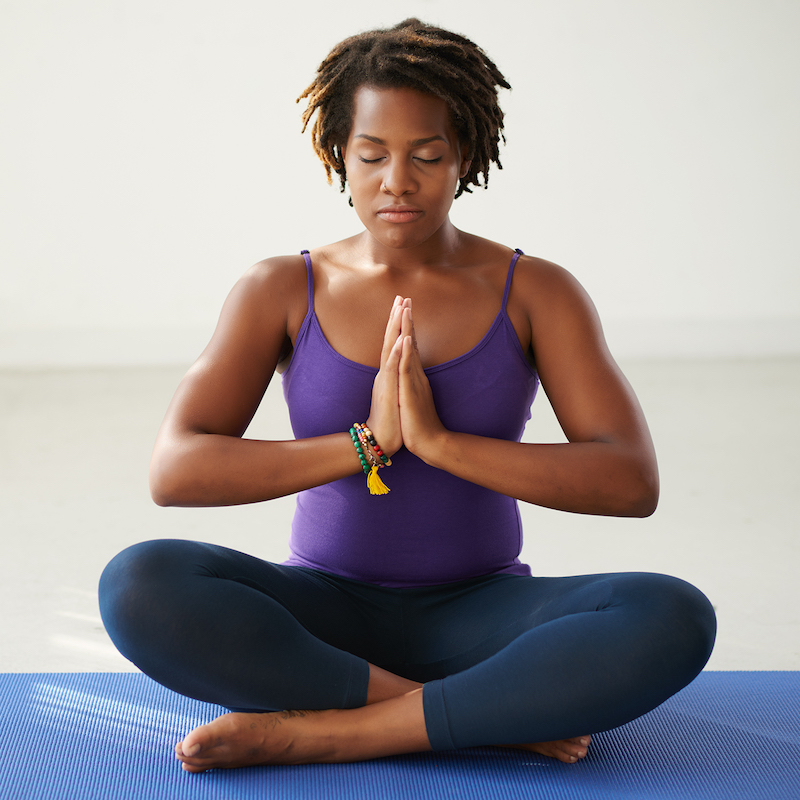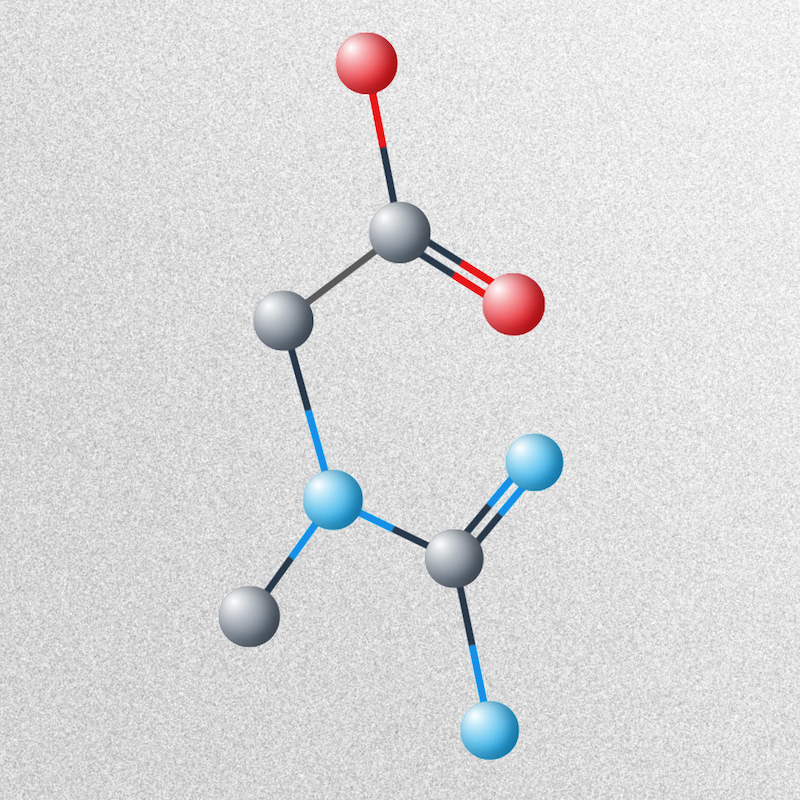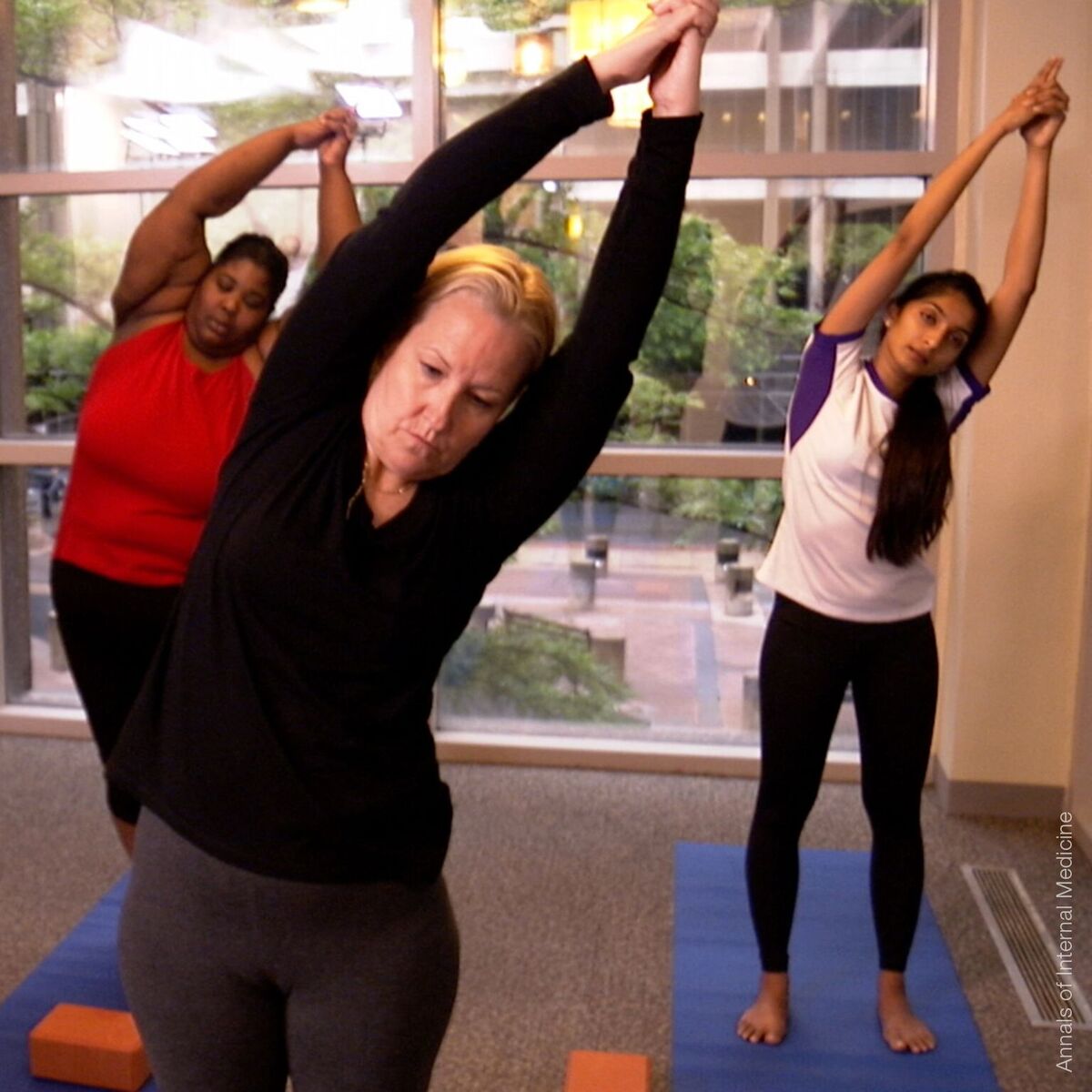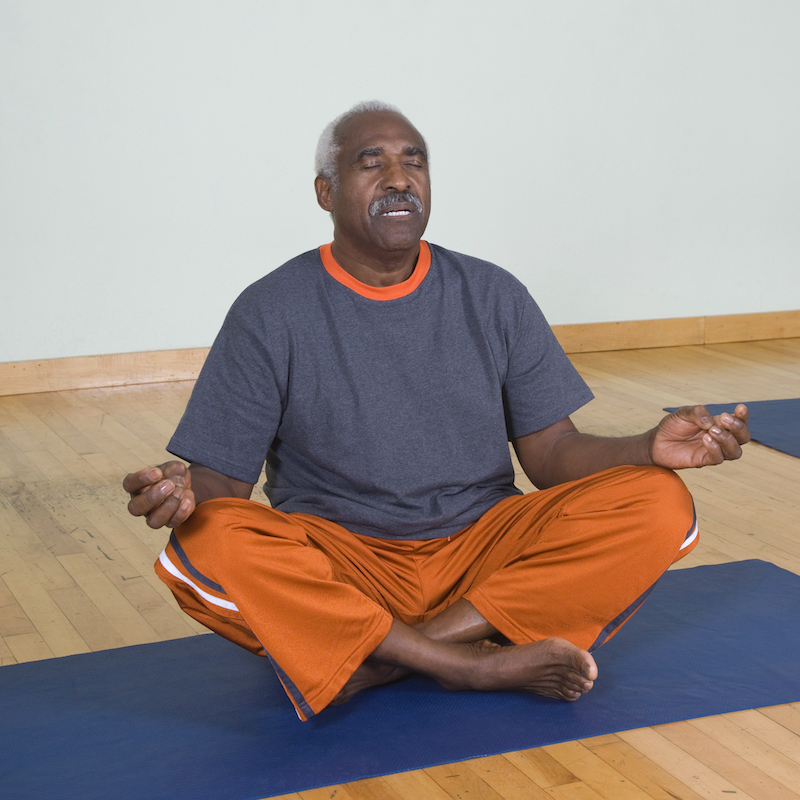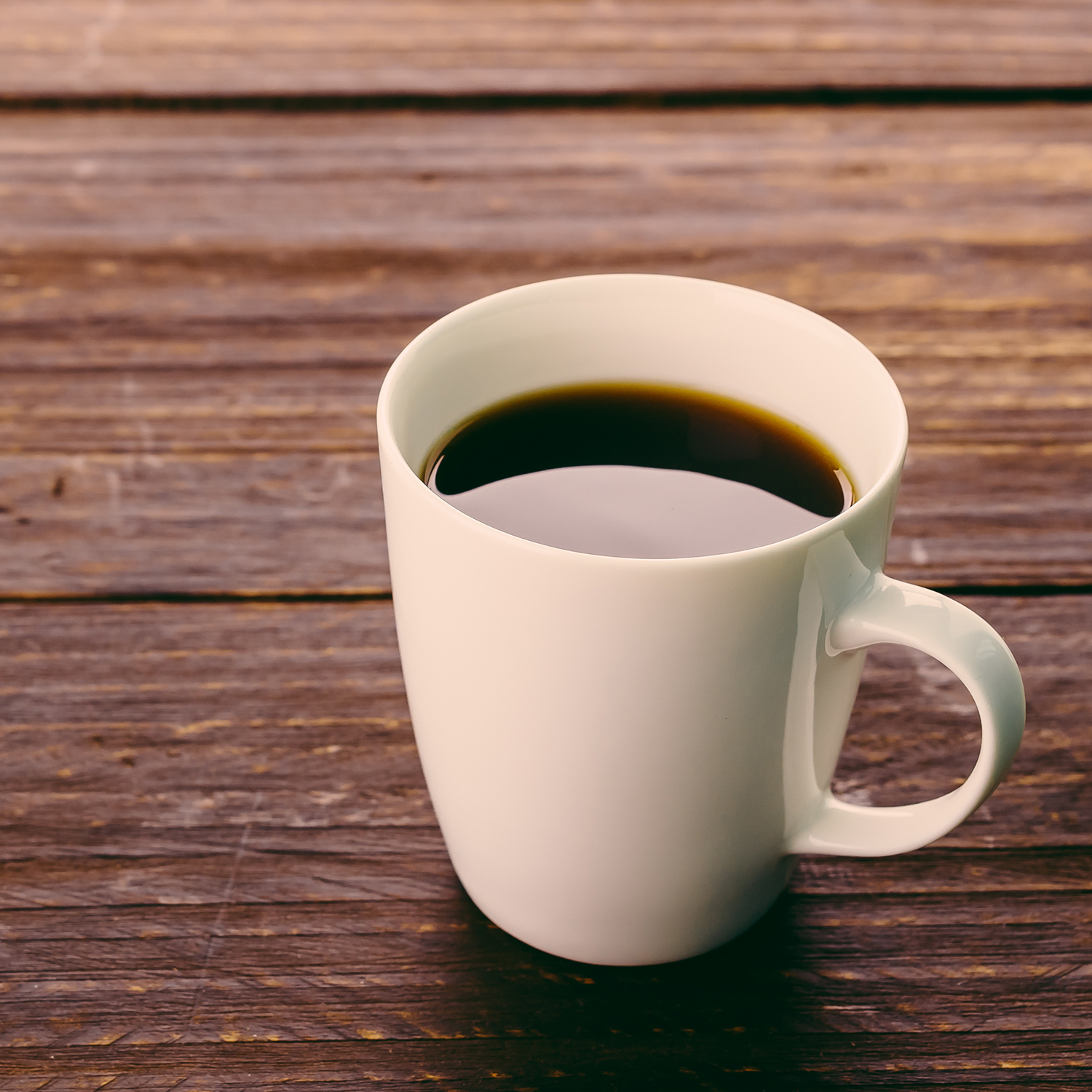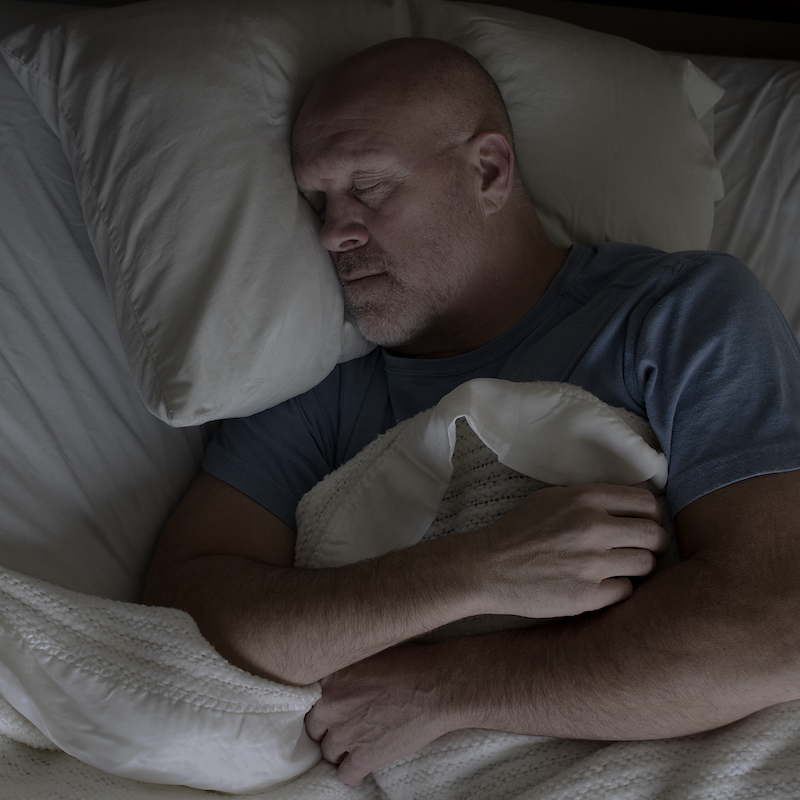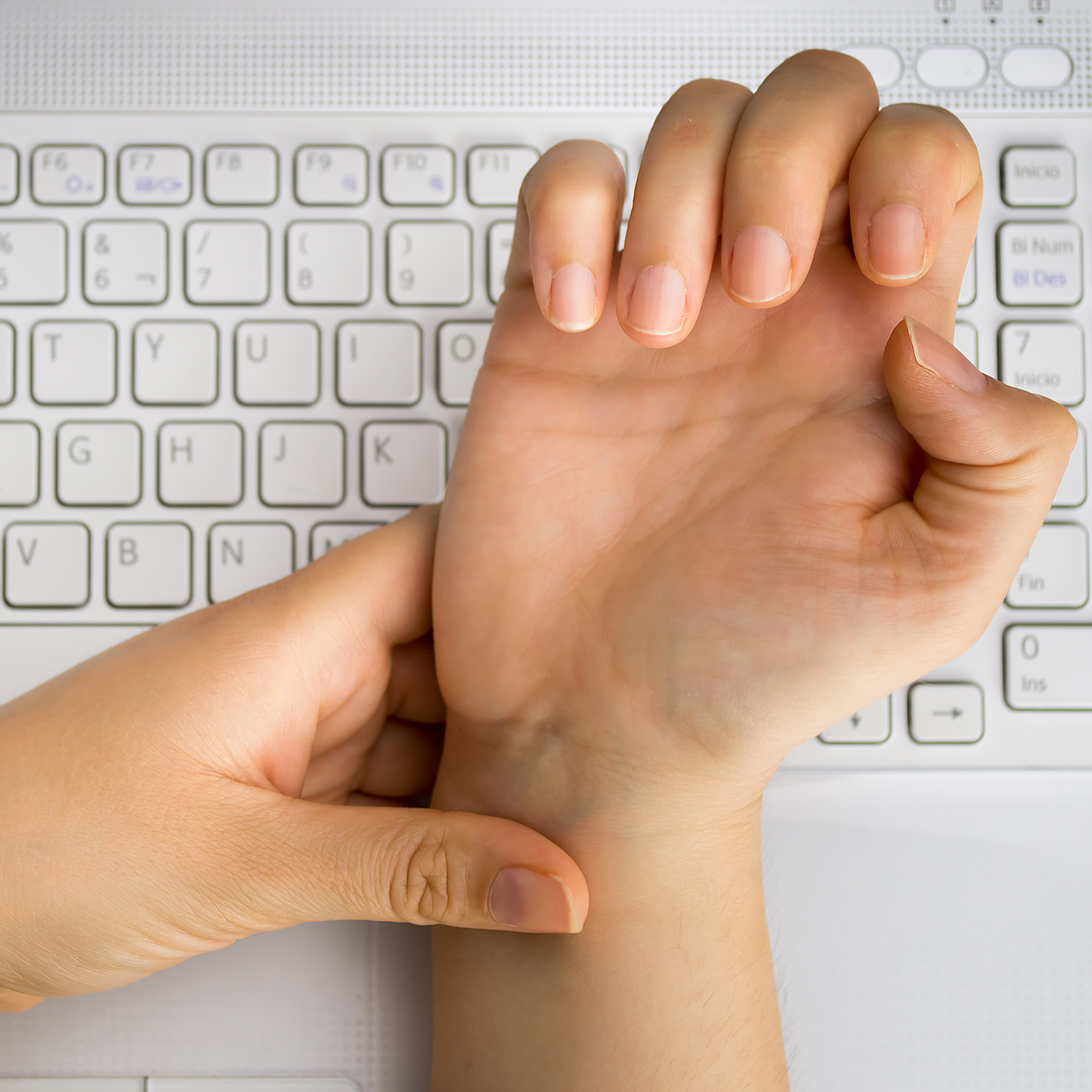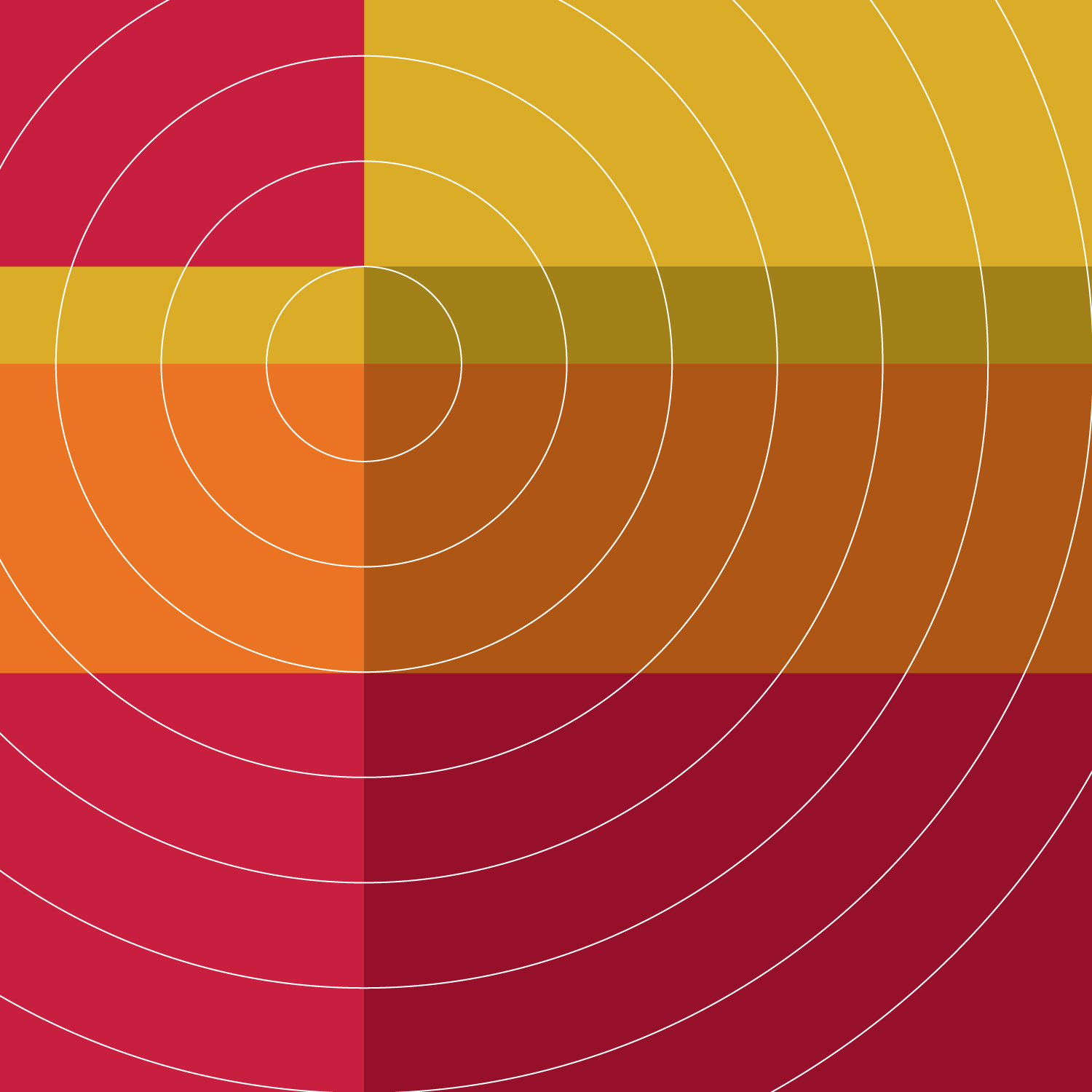Selected Research Results
Research spotlights of selected studies are shown below. For a full list of published NCCIH Research to-date, see PubMed.
Spotlights for 2017
Study Identifies a Novel Mechanism by Which Cells May Detect a Variety of Sensations
Study build on earlier NCCIH-funded research on the Piezo2 protein and Piezo2 gene (the gene guides the production of different forms of the protein, which may play roles in distinguishing sensations).
December 2017
Building the Understanding of the Effects of Tai Chi Training on Walking in Older People
Tai chi may help older people who have problems with walking (and falling).
October 2017
Investigating the Safety of the Probiotic Lactobacillus reuteri in Infants With Colic
Recent research, funded in part by NCCIH, suggests that the probiotic strain Lactobacillus reuteri DSM 17938 may be safe for use in infants with colic.
September 2017
NCCIH Researchers Describe Specialized Neurons That Play a Unique Role in Mechanical Pain
A new study in mice, conducted at the National Institutes of Health, has identified nerve cells that may play a role in pain and touch.
August 2017
Mindfulness-Based Stress Reduction, Cognitive-Behavioral Therapy Shown To Be Cost Effective for Chronic Low-Back Pain
Results of a new NCCIH-supported study suggest group sessions of mindfulness-based stress reduction (MBSR) or cognitive-behavioral therapy (CBT) are cost-effective for chronic low-back pain.
July 2017
Latest Findings From CREST-E Trial Don’t Support Using the Dietary Supplement Creatine To Treat Huntington’s Disease
Findings from the CREST-E clinical trial show that creatine doesn’t slow the progression of early Huntington’s disease.
July 2017
Yoga Similar to Physical Therapy in Helping Low-Back Pain in a Diverse Urban Population
NCCIH-funded study shows yoga and physical therapy offer similar pain-relief and functional benefits to people with low socioeconomic status with chronic low-back pain.
June 2017
Meditators and Nonmeditators Differ on Demographic Factors, Health Behaviors, Health Status, and Health Care Access, New Analysis Shows
This Research Spotlight describes U.S. meditation practitioners.
June 2017
Needles and Coffee May Not Mix; Even a Low Dose of Caffeine Blocks Acupuncture’s Pain Relief in Mice
Researchers find that even the small amounts of caffeine that remain in the body hours after drinking a cup of coffee could potentially reduce acupuncture’s effect on pain. The study was supported by the National Center for Complementary and Integrative Health (NCCIH).
June 2017
Mapping the Brain During Sleep Yields New Insights on Dreaming and Consciousness
A new study, supported in part by NCCIH, counters some long-held beliefs on sleep, dreaming, and other consciousness states.
April 2017
How the Body and Brain Achieve Carpal Tunnel Pain Relief via Acupuncture
Research describes how acupuncture may relieve pain in people with carpal tunnel syndrome (CTS) while also showing acupuncture's effects in the brain’s pain centers.
March 2017
New Model Yields Fuller Picture of the Brain in Pain
NCCIH-supported researchers created a functional MRI-based (fMRI) model that provides new ways of understanding and evaluating the neurobiological components of pain.
February 2017
Study Finds a Possible Biological Reason for Health Benefits From Marriage
Married couples may be healthier than their single counterparts due to lower levels of the stress hormone cortisol.
January 2017
